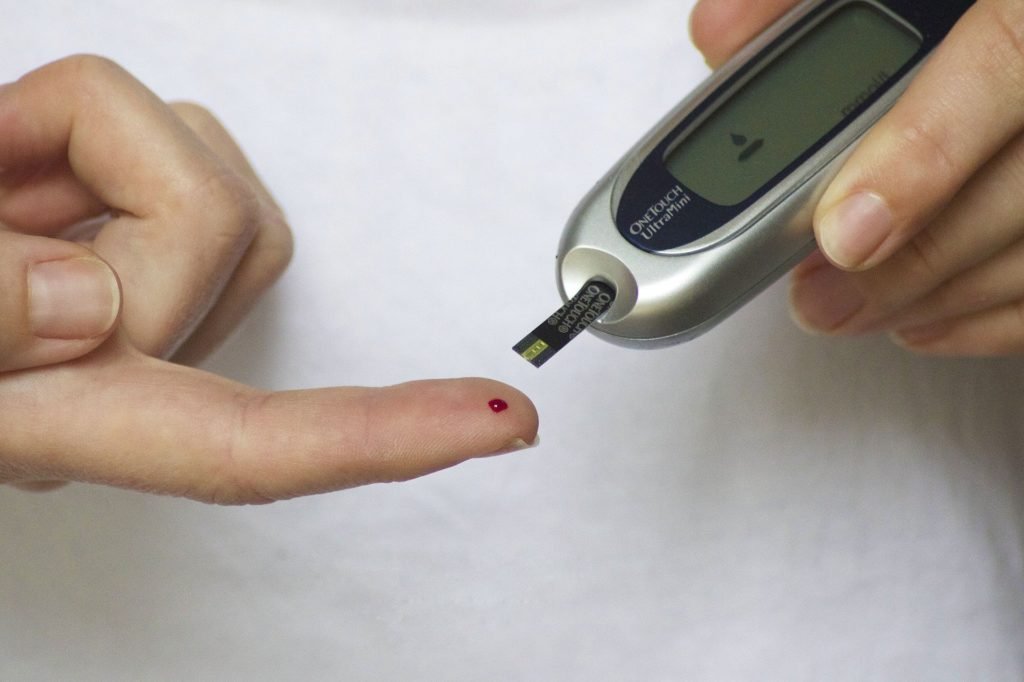Hemorrhoids, also called piles, are swollen veins similar to varicose veins and usually occur inside your anus or lower rectum. These walls of these blood vessels may sometimes stretch thin so that the veins bulge and get irritated. Hemorrhoids are generally not dangerous but can be a source of pain, especially when you poop. Fortunately, most people with San Antonio hemorrhoids can get relief with lifestyle changes and home treatments, such as eating high-fiber foods and using topical creams.
Symptoms for hemorrhoids
The symptoms vary depending on whether you have internal or external hemorrhoids. Internal hemorrhoids generally do not hurt since they have few pain-sensing nerves. They are also located so far inside your rectum for you to see or feel them. Blood on your poop or toilet paper after wiping may indicate internal hemorrhoids.
If there is tissue prolapse – a bulging outside your anal opening, you may feel pain when you poop. Your provider can see prolapsed hemorrhoids as most bumps. They usually are pinker than the surrounding area. Bulged hemorrhoids often go back inside without treatment, but your healthcare provider may sometimes need to push them back in place gently.
External hemorrhoids appear beneath the skin around the anus, where there are a lot of pain-sensing nerves. Patients with external hemorrhoids experience symptoms such as bleeding, pain, itching, and swelling.
When to see a doctor
You should talk to your doctor if you have bleeding during bowel movements or your hemorrhoids symptoms don’t improve after a week of self-care. While hemorrhoids are a common cause of rectal bleeding, that is not always the case, especially if you notice color or consistency changes in your stool. Rectal bleeding may signify other illnesses, including anal cancer and colorectal cancer. If your rectal bleeding is severe and you have other symptoms such as dizziness, seek emergency care.
What causes hemorrhoids?
There is no specific cause for hemorrhoids, but they tend to develop when the veins in your anus stretch under pressure. Pressure build-up in your rectum may occur due to anal sex, pregnancy, pushing during bowel movements, obesity, a diet low in fiber, and straining when lifting a heavy object. While anyone can have hemorrhoids, older people are at a higher risk since the tissues supporting the veins in the anus tend to weaken and stretch.
Hemorrhoids prevention
- You can prevent hemorrhoid flare-ups by eating a fiber-rich diet such as whole grains, fruits, vegetables, nuts, seeds, beans, and legumes. Fiber helps food pass through the system easier. Ensure you have at least 20 to 35 grams of dietary fiber every day. If you don’t get enough fiber from food, consider using over-the-counter fiber supplements to help soften stool.
- Drink water. Water moistens and softens stool, which helps you avoid hard stool and constipation. Hard stool makes you strain during bowel movements, which puts you at risk of hemorrhoids.
- Use the toilet as soon as you get the urge instead of waiting too long.
- Avoid sitting on the toilet for long periods of straining during a bowel movement since it puts pressure on the veins.
If you have further questions about hemorrhoids, consult with your doctor at the Digestive & Liver Disease Center of San Antonio PLLC.


